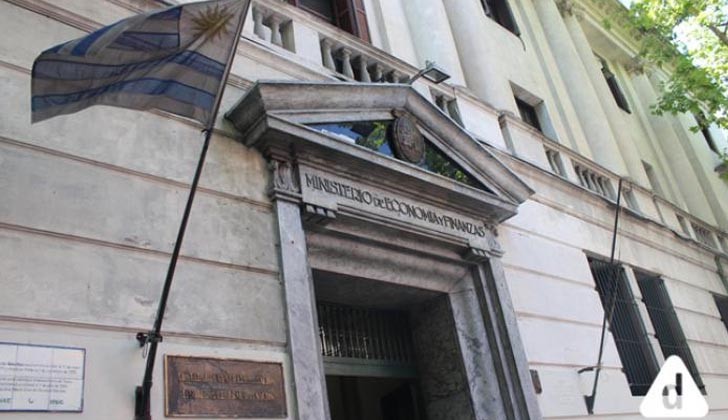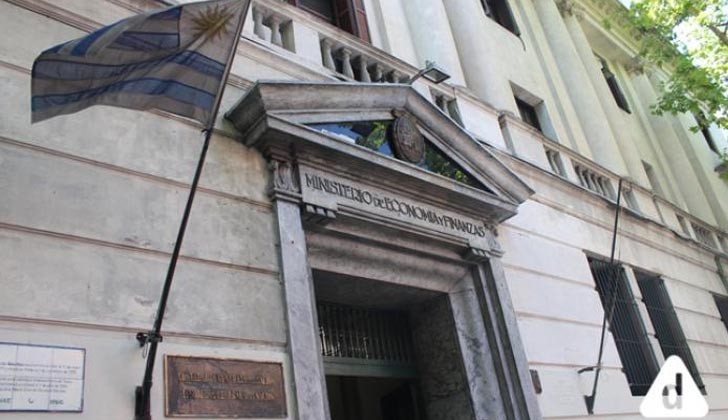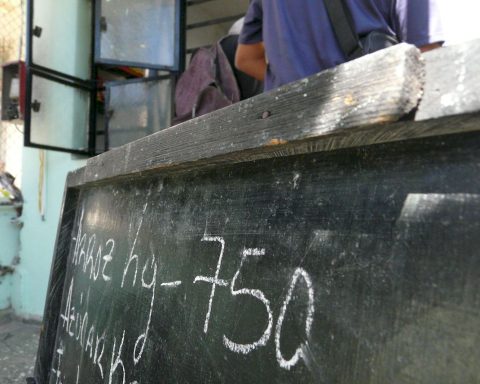
This Wednesday, December 15, the international credit rating agency Fitch Ratings issued a statement in which it reported that expectations about the country’s fiscal evolution have improved due to a higher collection performance, lower borrowing costs and greater confidence in the government’s spending-focused fiscal consolidation plans.
He also expressed that the review reflects the “fiscal resilience during the pandemic and the structural improvement in public finances.”
Fitch assures that Uruguay’s strengths are based on “strong social and political stability, a particularly successful vaccination campaign, the ongoing cyclical and structural fiscal improvement, and high international reserves that serve as buffers for economic shocks.”
Increase
On the other hand, the rating agency projects a “real growth of 3.4% in 2021”, after falling 5.9% in 2020.
By 2022, it considers that the growth of the real Gross Domestic Product (GDP) will moderate to 2.7%.
Regarding the fiscal projections, it estimates “a deficit of 4.5% of GDP in 2021, and that the evolution of the State’s level of indebtedness will drop to 65% of GDP by the end of 2021, compared to 66.2% in 2020. .
The Minister of Economy and Finance, Azucena Arbeleche, said that “the improvement of the outlook to stable expresses confidence in a sustainable economic recovery, underpinned by the responsible management of fiscal accounts and the reform agenda contained in the LUC.”
Last November, the rating agency DBRS Morningstar improved the outlook for Uruguay’s debt from stable to positive, keeping the rating at BBB (low).


















